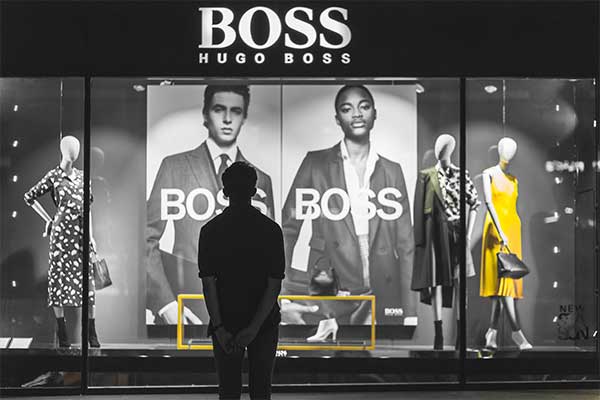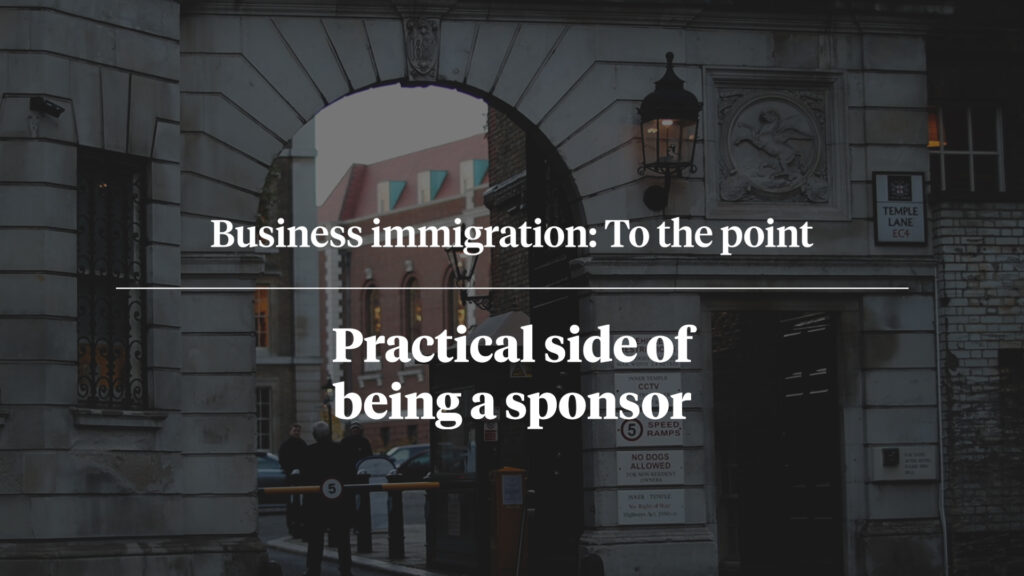We could never have imagined six months ago that the comedian Joe Lycett would have spurred the battle between Hugo Boss and Boss Brewing back into the front pages. On 2 March 2020, the comedian revealed via Twitter that he had changed his name by deed poll to Hugo Boss. The tweets read as follows:
So @HUGOBOSS (who turn over approx. $2.7 billion a year) have sent cease & desist letters to a number of small businesses and charities who use the word ‘BOSS’ or similar, including a small brewery in Swansea costing them thousands in legal fees and rebranding.
It’s clear that @HUGOBOSS HATES people using their name. Unfortunately for them this week I legally changed my name by deed poll and I am now officially known as Hugo Boss. All future statements from me are not from Joe Lycett but from Hugo Boss. Enjoy.
It was part of a new comedy show on Channel 4 called “Got Your Back” where he promises to fight for the rights of the British consumer. In later tweets, the comedian announced that he would launch a new product range under the name of Hugo Boss.
Aside from the entertaining stunt, there are some interesting legal issues at play here. We covered the story and the legal issues stemming from it in our previous blog, but what happens if the comedian launches a product range using his own (new) legal name?
The principle of “own name” has long been a defence in intellectual property claims. In essence, it is not a breach of trademark law if one uses their own name on a product. This law was tightened up with new regulations at the start of 2019, but it was still a defence to a trademark infringement if the use was a person’s own name. However, the defence only extends insofar as it is used within “honest practices”.
The hook in this case – if the clothing giant decides to try to stop the comedian from opening a product range using his newly adopted name – will be whether the comedian is using his own name “Hugo Boss” in accordance with “honest practices”.
Given the stunt he has made of legally changing his name, and the confrontational tweets made about the clothing giant, could it fall foul of the “honest practices” exception? Would someone who deliberately changed their name so that they could launch a product line with a trademark infringement survive the test?
On initial reflection, you wouldn’t think so. However, it seems to us that the comedian actually has some ground to argue that it is in accordance with honest practices – partly thanks to the openness in which he has gone about his intentions. Because of the publicity, anyone buying the comedian’s merchandise emblazoned with ‘Hugo Boss’ will know that it is produced by the comedian, not the fashion giant. Hugo Boss (the company) will therefore have a difficult time trying to argue to a court that the comedian’s merchandise will result in consumer confusion between the brands.
With Hugo Boss (the comedian) taking such a public stance against Hugo Boss (the company), it will be interesting to see whether the company softens its approach when the next small business mistakenly encroaches on its intellectual property rights, or indeed whether it will have the opposite effect – unwilling to back down from its established and well-publicised position.
If you have any queries about intellectual property, please contact Wayne Beynon at w.beynon@capitalaw.co.uk




